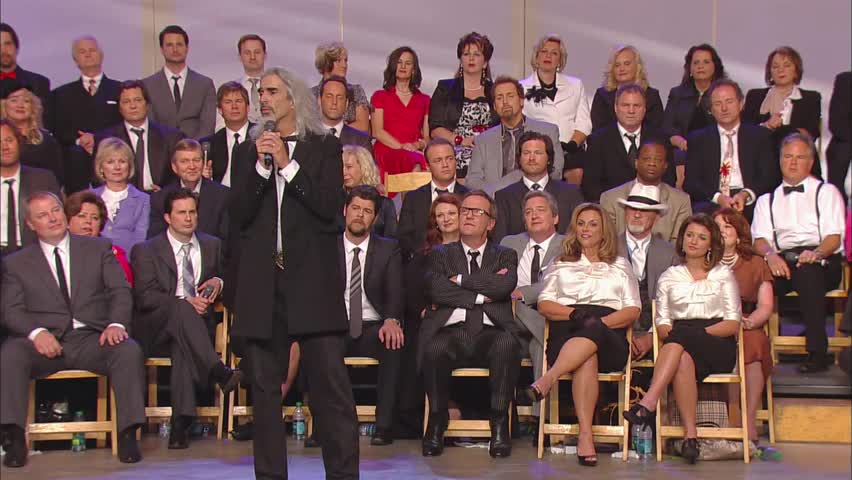Intercepting Entropy
read›
Proverbs 24:30
I walked by the field of a
lazy person, the vineyard
of one with no common
sense (v.30).
John Ortberg, in one of his sermons, told of an
interview with Max Dupree, the former CEO of
Herman Miller, a renowned office furniture company.
“Max is asked to speak a lot about leadership, and at
one session somebody asked him what the most difficult
thing was that he personally had to work on. This was
Max’s response: ‘It’s the interception of entropy.’ ” Long
before Max Dupree recognized this weakness in himself,
Solomon gave advice to his audience as to how they
could intercept their own entropy.
This story comes straight from the land of a farmer in
Israel (Proverbs 24:30-34). When the writer viewed the
farmer’s property, he immediately discerned the kind of
person he was—complacent, lazy, and one who lacked
judgment. His property was overgrown with thorns and
weeds and the wall stood in ruins (v.31). The sage’s
audience would have been appalled at the farm owner’s
carelessness and would have surmised: The owner’s
sloppy habits and disorganization was evidence of his
physical and spiritual neglect.
The writer quoted Proverbs 6:10-11 (24:33-34) and
rightly concluded: The owner was resting and sleeping
when he should have been working. What began as
a nap ultimately became a lifestyle of laziness and
disregard, leading to decline. His laziness betrayed the
God who had blessed him. The lesson was obvious: Hard
work is a wisdom virtue, necessary for becoming wise and intercepting entropy.
If people walked past your house, looked in your garage, or sat in your
office, what would they think? As followers of Jesus, we’re called to intercept
entropy with the pursuit of wisdom, hard work, and diligent stewardship,
including—but not limited to—organized and orderly lives. Let’s pursue wisdom
and work hard in everything we do.
—Marvin Williams
more›
Read Proverbs 12:27, Proverbs 19:24, Proverbs 22:13, Proverbs 26:13, and determine some
other causes for human entropy.
next›
What do your habits reveal about you? Care or neglect? As people
view how you live, what are they concluding about your spiritual life?















